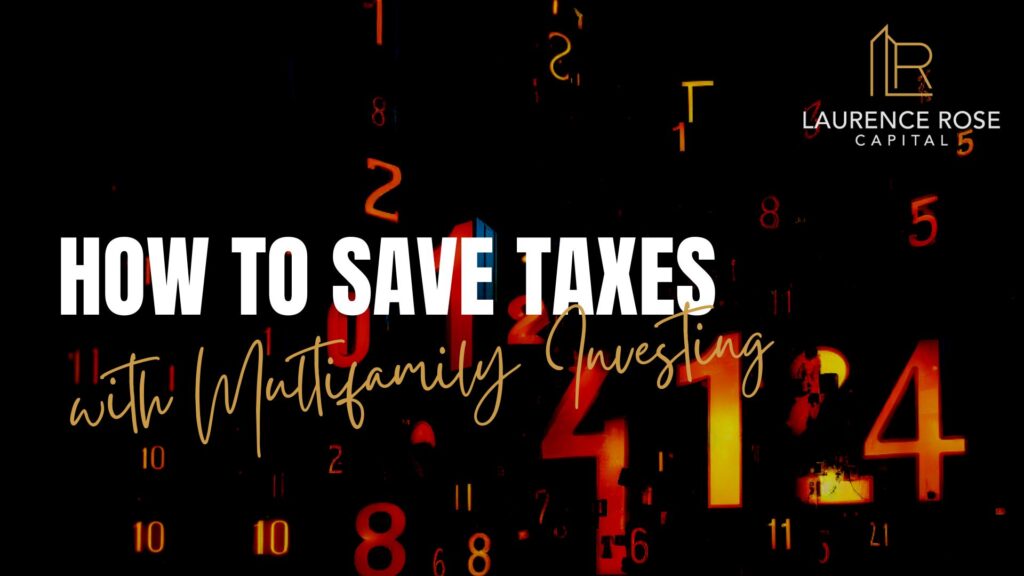How To Stop Trading Your Time For Money And Start Creating Passive Income
Imagine with me, that your workday began with the usual routine, but halfway through your morning, you received the news you’d been laid off.
For most Americans, that means zero income starting tomorrow morning.
Now, let’s pretend that during your employment, you leveraged your money.
The rich don’t work for money. They make their money work for them. – Robert Kiyosaki
Three Types of Income
Most people’s income is active, which means it’s from a consistent paycheck. But wealthy people typically earn Residual or Passive income (or both!).
Active Income
Active income is from your employer and requires activity in exchange for money. When you stop, the income stops.
Residual Income
Residual income means you receive money after the work is done. For example, every book an author sells provides residual income.
Passive Income
Passive income is earned with very little effort and continues flowing even when you aren’t working. Real estate investments are one of the most stable sources of passive income.
Remember the job loss scenario? Let’s pretend you’d built passive income, on the side, during employment.
Since being laid off, your earnings decreased by your monthly salary amount, but you still have income.
Financial freedom is achieved when your earned passive income supersedes your active income.
Investing in Stocks vs. Real Estate
Historically, the stock market returns about 8% annually, which means $100,000 would produce roughly $8,000 per year. That’s only $667 per month.
To replace an income of $3,000 per month, you’d need $36,000 per year, which would be 8% of $450,000.
However, with real estate, $100,000 could buy a $400,000 rental home. How?
The bank brings $300,000 to the table.
You put in 25%, the bank puts in 75%, and you earn 100% of the profits.
A $400,000 home renting for $3,600 with a mortgage of $2,100 would net you $1,500 per month. Theoretically, 2 investments of this size could replace a $3,000 monthly income.
The total rental income plus $25,000 in additional equity (based on 5% annual appreciation) equals $43,000, or 43% return in just one year.

But I Don’t Want to Be a Landlord
The numbers look enticing, but being a landlord does not.
This is where, instead, you join a small team to acquire real estate.
When investing $100,000 in real estate syndication, it’s feasible to earn $8,000 per year (8%), similar to the stock market.
However, the real opportunity lies in the sale of the asset. Syndications hold the property for about 5 years. During this time, building improvements are made and the land market value typically rises.
Upon the sale, you receive $160,000 ($60,000 in profit). This, plus the passive income of $8,000 per year (totaling $40,000), equals $200,000, which is a 20% average annual return.
If, while employed, you’re able to create passive income, you’ll be less stressed when facing a layoff. You may even find yourself celebrating unemployment.







